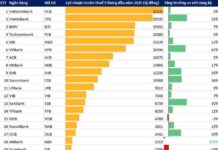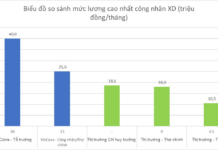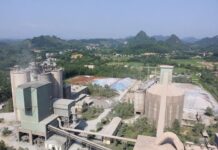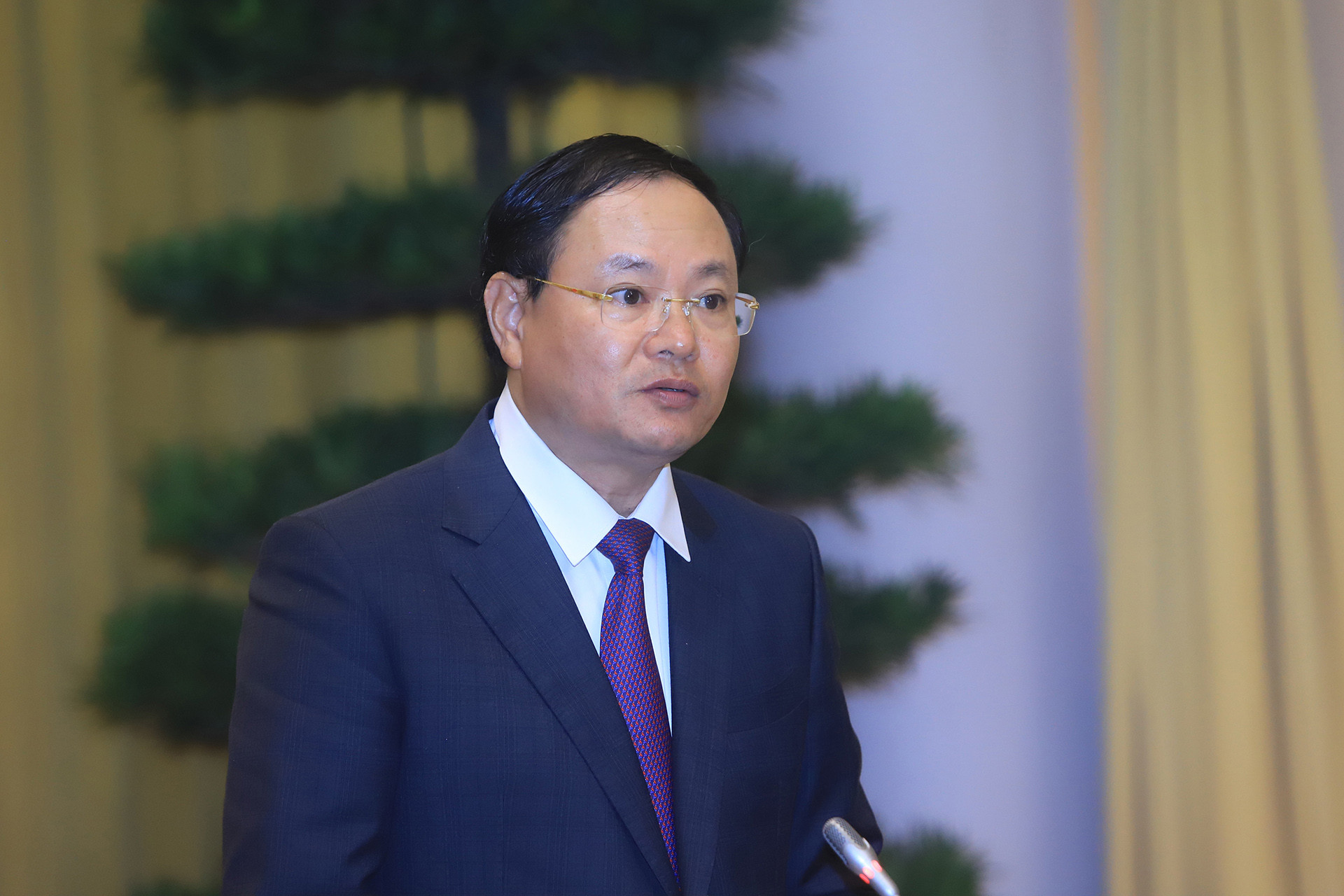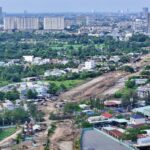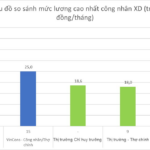On February 19, the Office of the President held a press conference to announce the decree of the President promulgating the Land Law passed by the National Assembly at its 5th extraordinary session.
Deputy Minister of Natural Resources and Environment Le Minh Ngan said that the new Land Law consists of 16 chapters, 260 articles, including amendments and supplements to 180 out of 212 articles of the 2013 Land Law, and adding 78 new articles.
 Deputy Minister of Natural Resources and Environment Le Minh Ngan at the press conference. |
The new law has perfected the rights of Vietnamese nationals residing abroad in relation to land, and for Vietnamese nationals residing abroad with Vietnamese nationality, they have the same rights and obligations related to land as individuals within the country (domestic individuals). The regulation on the group of land users consisting of household members has the same rights and obligations as individuals using land.
Land users who are exempted or have reduced land use fees or land rent have the same rights and obligations as cases where they are not exempted or not reduced land use fees, land rent.
Regarding land recovery and land acquisition, Deputy Minister Le Minh Ngan said that the law has specifically regulated the cases where the State recovers land for the purpose of socio-economic development, national interests, public interests, implementation of construction of public works, construction of state agency headquarters, infrastructure development. Other cases include various criteria groups such as housing, production zones, land fund development, minerals, underground works, and cases where the State recovers land for auction, bidding to increase budget revenue…
Regarding compensation, support, and resettlement when the State recovers land, the new law has amended and supplemented the principles of compensation in various forms. Specifically, compensation can be made in the form of land with the same purpose as the land to be recovered or in cash, or in other land or in a house. The principle of “having a place to live, ensuring income and living conditions equal to or better than the previous place of residence” is concretized through the regulation of resettlement criteria for technical infrastructure, social infrastructure, and resettlement location. Resettlement areas can be allocated for one or more projects.
 |
The Deputy Minister said that the new law also standardizes the certification of land use rights, rights attached to land. It clearly stipulates the authority to issue land use right certificates, separate the role of state management (land use right recognition) from the provision of public services by the registering agency (certificate issuance). It professionalizes the issuance of land use right certificates as the basis for unifying land registration and land information management from central to local levels.
Regarding financial issues related to land, land prices, the law has removed the provision on the land price framework of the Government. The law specifically regulates the principles, bases, and methods of land valuation; stipulates that land price lists shall be established annually and the first land price list shall be published and applied from January 1, 2026, and adjusted, amended and supplemented land price lists shall be applied from January 1 of the following year.
The construction of land price lists is based on value zones, standardized plots of land for areas with digital cadastral maps and land price database. In addition, specific regulations on the timing of determining land prices, the timing of calculating land use fees, land rent for each case of land allocation, land lease, permission to change land use purposes, extension of land use, changing the form of land use to adjust land allocation decisions, lease of lands that modify the area, land use purposes, land use terms…
Tran Thuong









